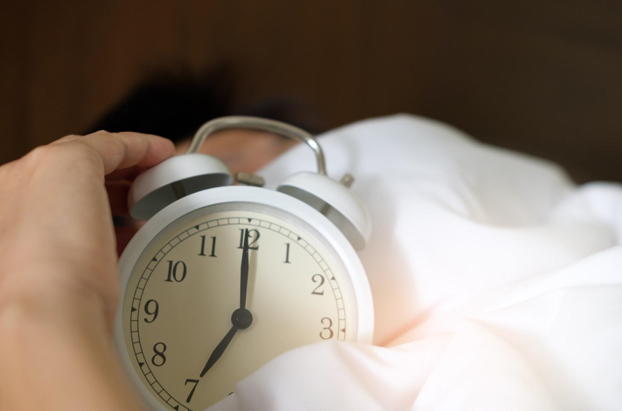Have you said goodbye to your partner recently? Losing the one you love is devastating, and if you’ve been having trouble sleeping ever since, it’s only natural – processing a loss like this takes time. Today, Healthitude shares some tips to help process your grief and start sleeping soundly again.
1. Try Therapy
If insomnia is keeping you up at night, and you’re struggling to process your grief, you do not have to keep suffering alone. Think about reaching out to a therapist who specialises in grief support.
If you’re nervous about meeting with a therapist in person, you could consider getting therapy online. Don’t worry – online therapy is still private and secure. With online therapy, you’ll also get to skip out on a commute, and you’ll likely save money on sessions. By seeking out a therapist online, you’ll be able to choose from a wider selection of therapists. You can also book a free consultation before your first session to ensure that your therapist is a good fit.
2. Sort Through Your Loved One’s Belongings
If you have recently lost your partner, you may be hesitant to sort through their belongings. It’s important to wait until you’re ready for this step. And remember, you don’t have to decide what to keep or give away just yet. You can begin setting items aside and make a decision about what to do with them at a later point.
Although it can be emotionally difficult, removing these items from your bedroom can help clear your mind. If you’re short on space, you may even want to rent out a storage unit. Just make sure to budget accordingly.
3. Exercise Regularly
Experiencing grief can make it difficult to fall asleep or stay asleep for a full night’s rest. This is where exercise comes in. Exercise can help provide a healthy outlet to release emotions and reduce stress levels, which can be beneficial in aiding with sleep difficulties.
Physical activity also increases the body’s production of serotonin, a neurotransmitter that helps regulate mood and sleep patterns. Regular exercise, combined with healthy sleep habits such as establishing a consistent bedtime routine, can help improve sleep quality and overall well-being during the grieving process.
If you’re looking for motivation to get out and exercise, check out Healthitude!
4. Rearrange Your Bedroom
You might be interested in rearranging your bedroom, simply for a change of atmosphere. This process might be emotionally trying, but it can also help you sleep a bit better at night. Sometimes, a shift in scenery can be cleansing. To renovate your space, HGTV recommends changing the layout of your furniture, decluttering your own belongings, and even replacing your flooring if you’re not satisfied with it.
Try choosing some new bedding to go with your rearranged room. There are plenty of high quality options online, but to save you time searching here is a great site. They offer a wide variety of prints and colours to fit your style, and everything is sustainably made.
5. Relax Your Body and Mind
You may struggle to sleep because you’re always thinking about your loved one before bed. Henry Ford Health states that grief can affect your brain in a profound way – it disrupts your brain functioning, making it harder to sleep and carry out other routine tasks. Journaling can help you work through these feelings. You can also start a meditation practice by clearing out a space in your home that’s quiet and comfortable. Emotions are stored in the body, so it’s important to incorporate movement into your evening routine, such as gentle yoga.
If you work from home, this can also contribute to poor sleep as it can be difficult to separate work and home life. To overcome this, establish clear work/life boundaries, avoid late-night screen time, and don’t drink caffeine later in the day.
6. Choose Helpful Tools
To get to the root of your sleep troubles, you may want to try out some helpful tools that can analyse your sleep patterns. TNT Magazine recommends using a sleep tracker app. You could also use a white noise machine for relaxation, a mouthguard to prevent teeth grinding, or a light therapy lamp to reset your circadian rhythm.
However, it’s important to ignore certain common myths about sleep. For example, some people believe that watching TV can help you fall asleep, but while a TV show can be a welcome distraction during a tough time, looking at screens before bed will keep you up late.
Find Sleep Solutions that Work
Losing your partner is tragic and there’s no way around the long healing process. But if you’ve been tossing and turning for weeks to months on end, you deserve to get a good night’s sleep. By exploring some of these suggestions and living a healthy lifestyle, you might feel well-rested again.
Grief can cause us to sink into many unhealthy habits. If you find that your loss has cultivated an unhealthy relationship with food, visit Healthitude for advice and support getting back to a healthier you.
Photo via Pexels

